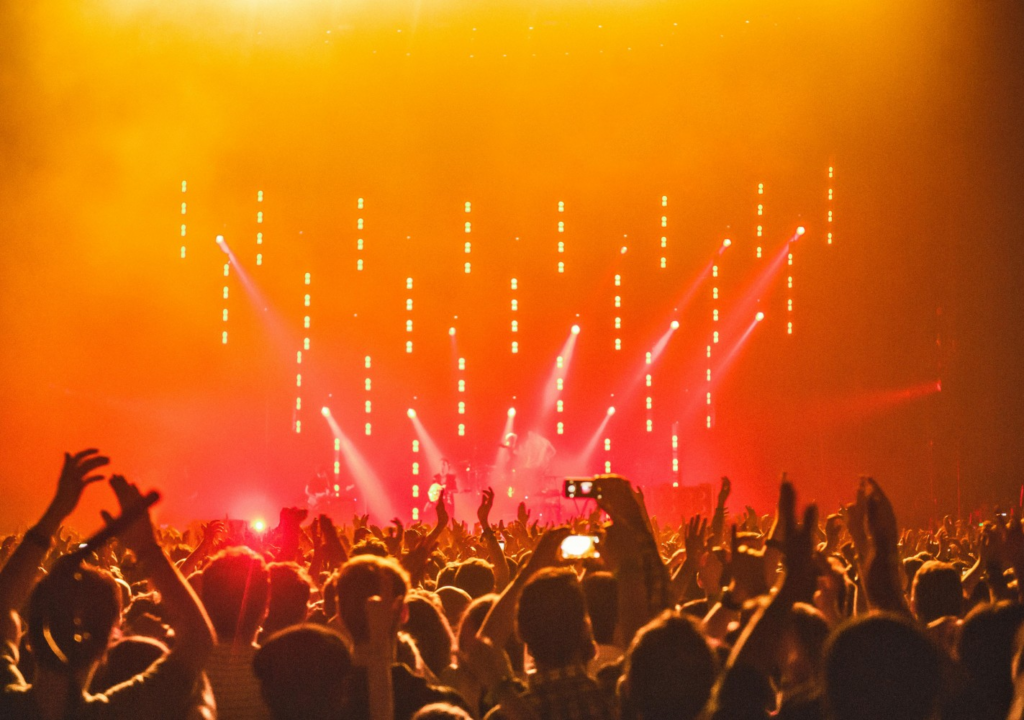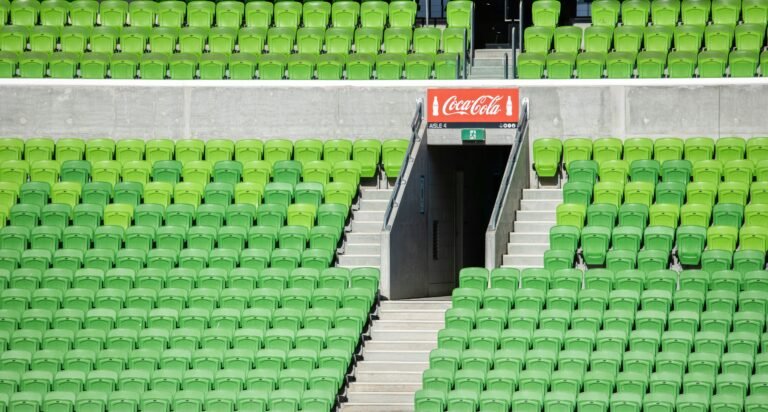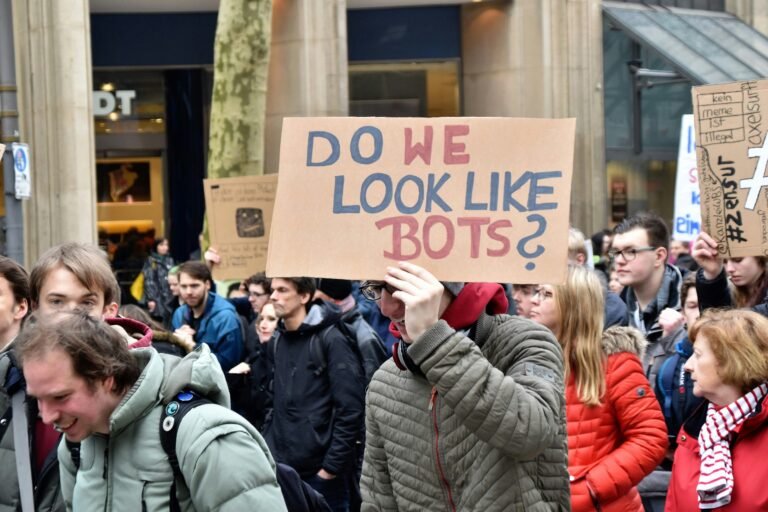Ticket reselling, commonly known as ticket scalping, has long been a challenge faced by artists, sports clubs, venues, promoters, and most importantly, fans. This issue is prevalent at events where demand exceeds the available supply.
Ticket Reselling Takes Various Forms and Scales
- Individual resellers often stand outside venues, attempting to sell physical tickets directly to attendees.
- Some resellers operate on online marketplaces, selling tickets to multiple buyers for the same seat, resulting in only the first purchaser gaining entry.
- Larger players like Viagogo, StubHub, Vivid Seats, and others engage in unethical practices. They acquire large quantities of tickets, which they then sell on their platforms at significant markups over face value.
The most common practice is the use of ticket bots. They buy tickets in bulk and create artificial demand, causing events to sell out quickly. For example, during Taylor Swift’s 2023 tour, 2 million tickets sold in a day out of 2.4 million available, with 3.5 billion transaction attempts. That means, roughly half of the world tried to buy a ticket which is total nonsense.
Imperva’s 2023 Bad Bot Report found that 83.4% of global entertainment website traffic in 2022 came from automation bots.
These practices lead to revenue losses for primary ticket sellers. According to a recent report by the National Independent Talent Organization, fans pay an average of 203% more than face value when buying tickets from resellers on secondary sites.

Primary Ticketing Vendors Leave Revenue on the Table
In the most recent events, Scotland fans are facing prices of over €14,000 for tickets to the opening game of Euro 2024 against hosts Germany if they buy from unauthorized resellers. Price of these tickets was between 50-600€ based on the category. Meaning they are being resold at more than 23 times their face value in the best-case scenario.
Overall, ticket reselling has several negative effects:
- Genuine fans are unable to attend the event. The audience in the stadium is often composed of “white teeth” individuals as some in the industry refer to them rather than passionate supporters.
- The atmosphere at these events falls short of its potential which is the main reason artists and athletes perform.
- Event organizers, who take on significant risks, miss out on potential revenue opportunities due to ticket reselling practices.
- Resellers are a significant drag on ancillary revenues because they don’t buy ticket insurance, don’t buy merchandise, don’t donate, don’t book hospitality etc..

Countries Initiated Efforts to Combat Illegal Ticket Reselling
In South Korea, the government recently implemented a law revision banning the use of macro tools to purchase tickets. Violators could face penalties of up to one year in prison or a €7,000 fine, as announced by the Ministry of Culture, Sports, and Tourism.
In the UK, the industry had high hopes for government action regarding amendments related to secondary ticketing platforms. One proposed bill aimed to require platforms to verify ticket purchases from the primary market before allowing postings. However, the outcome was ultimately unfavorable, disappointing those anticipating stricter regulations.
This raises a discussion whether the secondary ticket market is really only negative and needs to be eliminated.
Let’s look what benefits event organizers could lose
- It drives sales on primary markets because consumers anticipate price increases if they delay purchasing tickets closer to the event date.
- Fans benefit from the flexibility to resell their tickets if they are unable to attend an event.
- It can generate additional revenue for primary ticketing vendors as fans often purchase extra tickets with the intention of inviting friends to join them later
Banning ticket resale by governments is ineffective and disrupts market dynamics.
We believe the key is to establish and facilitate an effective white-label resale platform. All event organizers and promoters should operate both primary and secondary ticketing platforms. This approach allows them to maintain complete control over their ticketing revenues.

Facial Biometric Ticketing Comes to the Rescue
The most promising solution is implementing facial biometric ticketing, which addresses various perspectives effectively.
With facial biometric ticketing, your ticket is directly linked to you—your face becomes your ticket.
This technology prevents bots from making purchases. It offers added security by eliminating the risk of losing or having your ticket stolen. It also enhances convenience since you don’t need to present a physical or digital ticket at the venue entry. Moreover, if you’re unable to attend, you can easily access the official resale platform to list your ticket for sale. You’ll receive payment once the buyer validates the ticket with their own face.
The resale platform can operate as an auction with a traditional bidding system. It can allow buyers to set their own prices or imposing a cap on the sale price. This approach enables primary ticketing vendors to earn multiple times on the same ticket and retain full revenue, all while ensuring customer satisfaction and flexibility for fans.
Ticket reselling is here to stay because it’s a part of how people naturally behave. However, how organizations approach and manage this challenge will determine its success and the value it brings to content owners.


